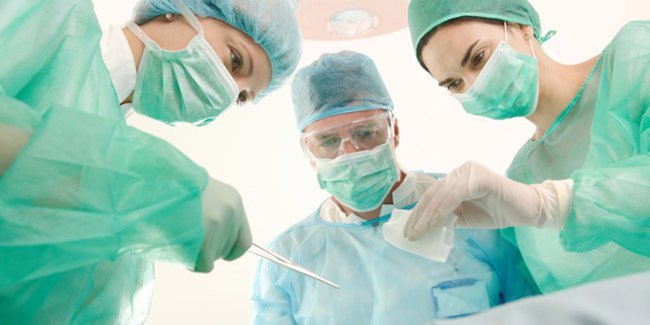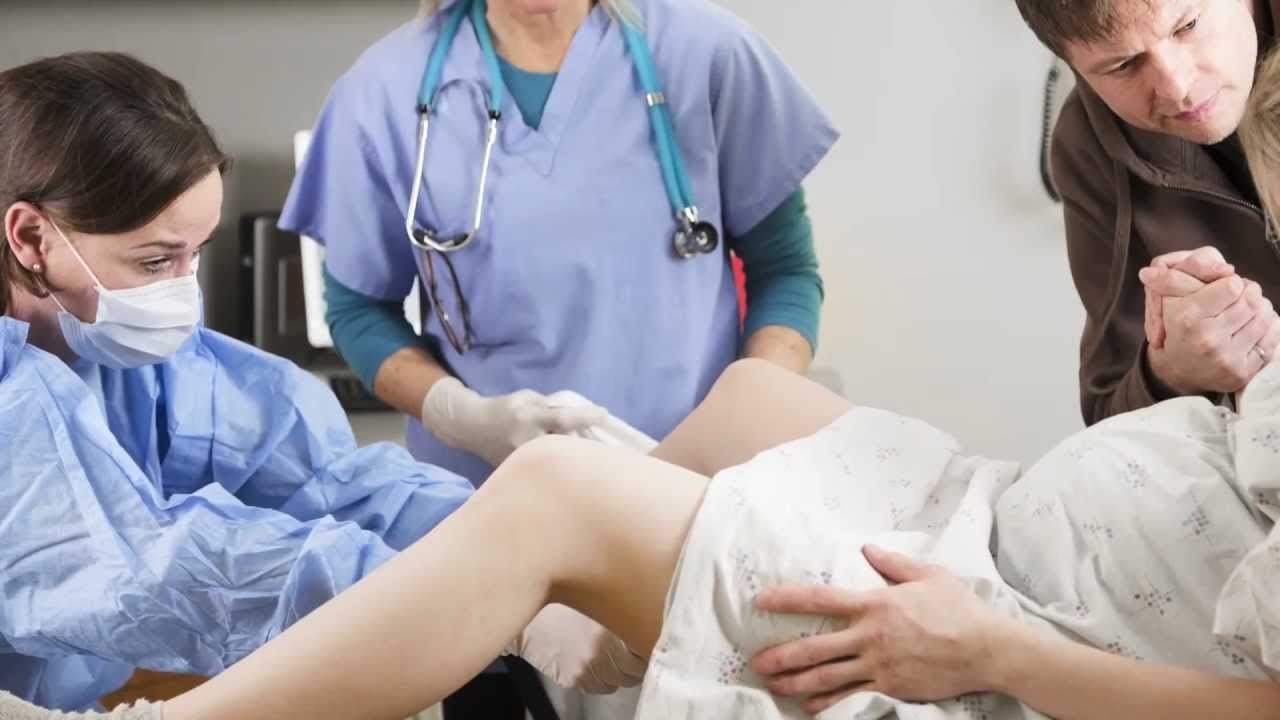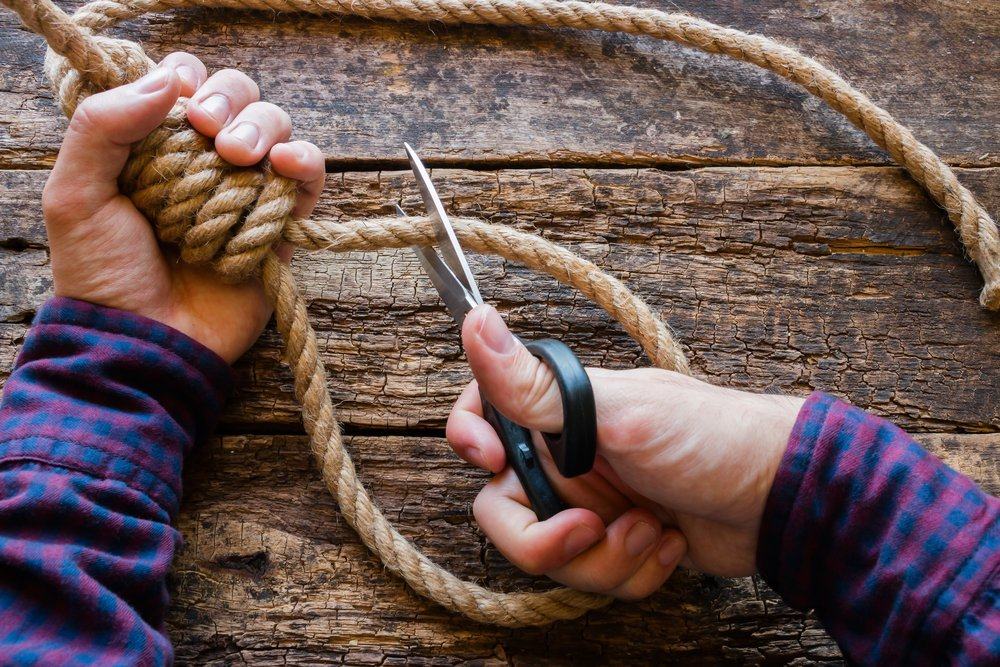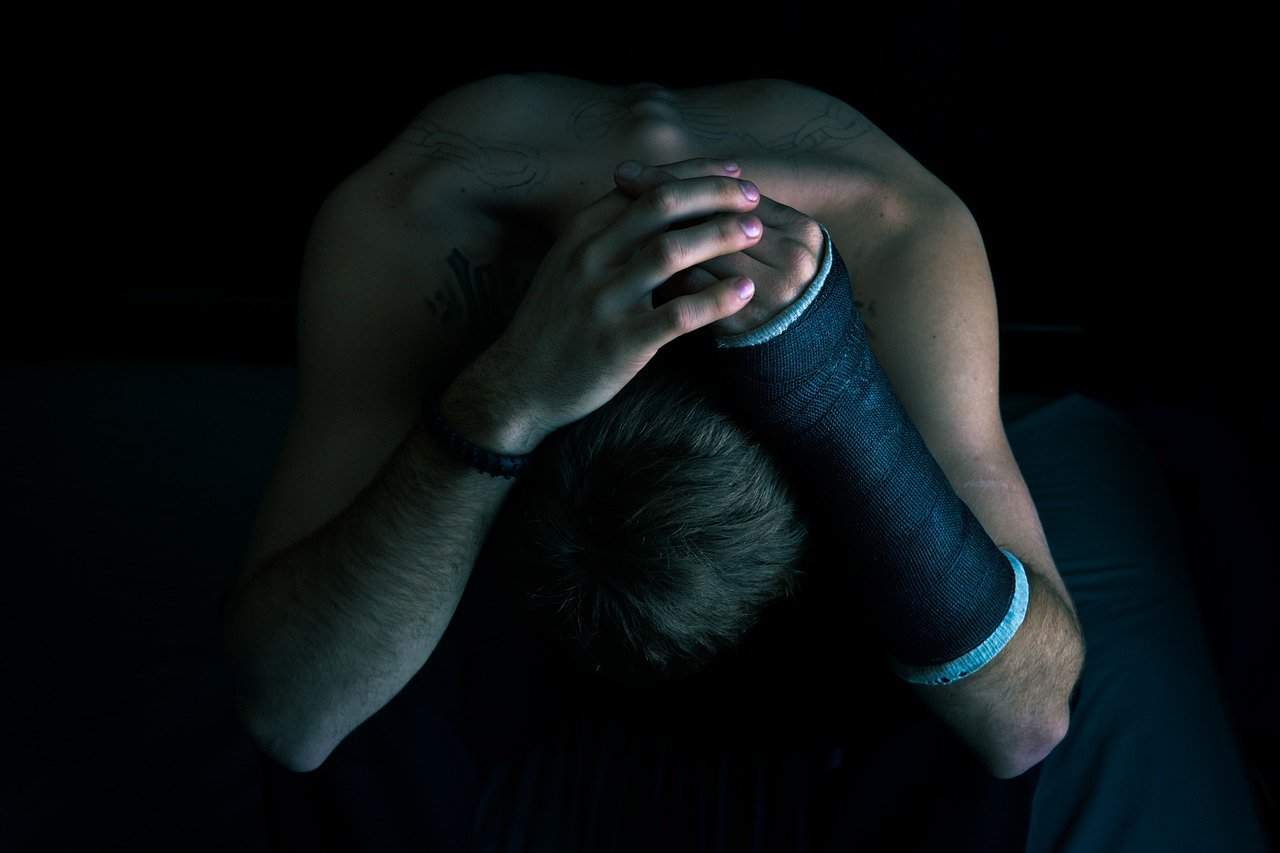Contents:
- Medical Video: 4 Effective remedies to remove keloid scars naturally
- What might happen after cancer surgery
- What to do after cancer surgery
- Avoid blood clots
- Reduce the risk of infection
- Take care of your former incision
Medical Video: 4 Effective remedies to remove keloid scars naturally
After surgery, the next step is to treat the incision while taking good care of yourself. This is important to improve your recovery and also help you prevent the risk of infection due to injuries caused by surgery.
What might happen after cancer surgery
After surgery, it is natural for you to feel nervous or dizzy due to the effects of anesthesia. You will be given oxygen through a hose or mask so you can breathe more easily and help you feel better. Nausea or vomiting can also be caused by anesthetic. Doctors can prescribe medication to help alleviate this discomfort.
In addition, you can experience a sore throat and dry mouth. Your blood pressure will be checked with automatic cuffs that squeeze tightly at regular times. Your nurse can measure your temperature regularly to ensure your health condition after surgery.
The surgery wound is probably the most you worry about because the wound affects your self-image. Don't worry too much about this. You can really speed up the healing of these wounds with proper treatment steps. Surgical wounds often heal within two weeks. It may take longer if you have a medical condition or you use certain drugs, such as steroids.
What to do after cancer surgery
Avoid blood clots
It is important for you to avoid blood clots, so you must move as soon as possible. Linger in bed will not help you recover faster, and only cause a portion of blood to gather in your feet. This puts you at risk for blood clots.
Doing a little leg exercise is recommended to help you prevent blood clots. It doesn't need to be complicated, just as simple as stretching your knees or ankles, and shaking your feet.
You can be provided with special support stockings to wear after surgery to help facilitate your blood circulation. Make sure that you understand how to use it.
Reduce the risk of infection
After surgery wounds are easy to get an infection if not treated properly. To reduce the risk of infection, consult with your doctor first about how long you should keep the area dry and then obey the doctor's instructions. Don't forget to check the incision every day for signs of infection. If you are recommended to change bandages, do it.
In addition, there is one thing you don't do unless you want to get an infection: rubbing or rubbing the incision. Doing this will hurt your wound. Do not remove the tape from the incision if not requested. Instead of bathing in a bath, it is more appropriate to take a shower or with a body towel until the doctor says you can take a bath. However, your wound must be covered with a plastic bag or other method to keep it dry.
Take care of your former incision
You can be given stitches, staples, or surgical glue to close your surgery incision. If you get staples, the surgeon will release them after the wound has healed, while surgical glue usually goes away in 5 to 10 days. In the case of stitches, the sutures will disappear over time or the surgeon will remove them.
All you have to do to treat your incision is to remove the body where the wound is located so that it is above the heart for several days to reduce swelling and pain, and to speed healing. Removing stitches, staples, tape, or self-operating glue is not allowed. If the wound feels itchy, itchiness reliever for the doctor. If you experience bleeding at the incision site, press the wound for at least five minutes using a clean tissue or towel. If this doesn't work, contact your doctor or go to the nearest hospital ER.
With proper care, you can ensure that your former incision can heal properly so as not to leave a permanent scar. In addition, good care also helps you avoid infection. It is recommended that you consult a doctor if something is wrong with your body after surgery.












